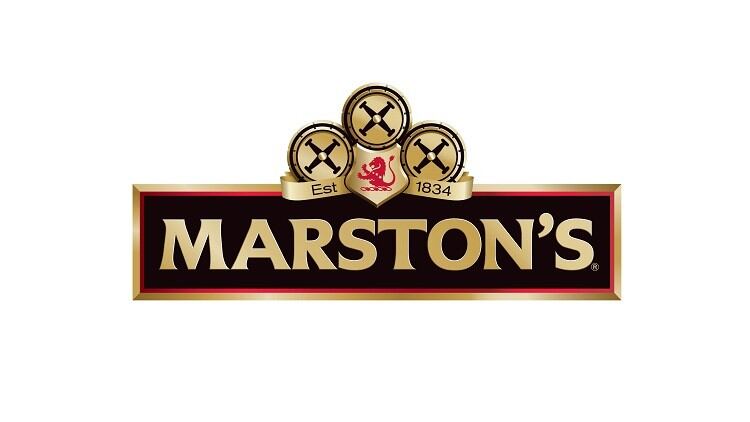On 5 December 2019, the PCA published an arbitration decision that found the wastage allowance for cask beer that Marston’s – operator of 1,400 pubs and employer of 14,000 staff – used when calculating rent for Ed Anderson of the Railway Inn was “inappropriate and inadequate”.
What’s more, according to pubs code adjudicator Paul Newby – who will step down from his position in May 2020 – Marston’s failed to provide Anderson, who runs the pub in Cheltenham, Gloucestershire, with accurate information on how much of the beer it supplied was saleable.
Tenants have long complained that a 72-pint firkin may only contain 68 saleable pints due to yeast sediment. With licensees charged for the full 72 pints, and their rent reviews based on sales forecasts linked to said casks, many believe they have been potentially overcharged to the tune of thousands of pounds.
While Marston’s made an allowance of 2.5% for sediment and wastage, this was deemed too low by Newby, who ruled the level of information supplied by the brewer and operator risked putting Anderson at a disadvantage in rent negotiations.
Following the ruling, Anderson has been given a new deal with Marston’s but has not been compensated for overpaid rent.
Speaking to The Times, Dave Mountford, of the Pubs Advisory Service said: “Those that do a lot of cask-based beer should get compensation for the thousands of pounds of rent they have wrongfully been charged.”
A spokesperson from Marston’s added: “Sediment in beer and operational wastage are just two of many factors that are taken into consideration when negotiating a pub tenant’s rent.”
According to the PCA’s Tied Tenant Survey published on 19 December, 71% of Marston’s tenants stated they had confidence in the way their business development manager was handling their tenancy – the joint second highest of any of the ‘big six’ pubcos – although only 50% claimed that their BDM could inform them clearly on the details of the pubs code.
As reported by The Morning Advertiser (MA) in May 2019, the brewer of Pedigree, Hobgoblin and Bombardier, removed cask ale from all but one of its 22 managed sites in Scotland and replaced the lines with keg beers.
Redressing imbalance
Campaign for Real Ale (CAMRA) chief executive Tom Stainer welcomed the PCA’s decision on Anderson's case, arguing that it could set a wider precedent for the on-trade.
“CAMRA has always maintained that supplying cask beer to tenants based on the premise of 72 saleable pints per cask is a bad business practice used by pub companies to extract extra profit from their tenants,” he said.
“This ruling also recognises the realities and skill involved in keeping cask ale in excellent condition. Pressure on licensees to sell as many pints as possible from a barrel of cask beer can result in a bad-quality pint for the consumer.
“Pub companies of all sizes need to ensure that they take notice of this ruling when calculating tied rents from now on.
“This will go some way to further redressing the imbalance between tied tenants and their pub companies, and also improve the quality of cask ale served across the UK.”
As reported by MA, Wolverhampton-based pub operator and brewer Marston’s experienced a £3m dip in profits in the year to 28 September after making substantial disposals across its estate – including the sale of 137 sites to Admiral Taverns for £45m in November.
What’s more, the company also revealed net debt of £1.39bn in October 2019 with plans afoot to accelerate its debt reduction target of £200m by 2023 by increasing disposal values from £40m to £70m for the current financial year.




